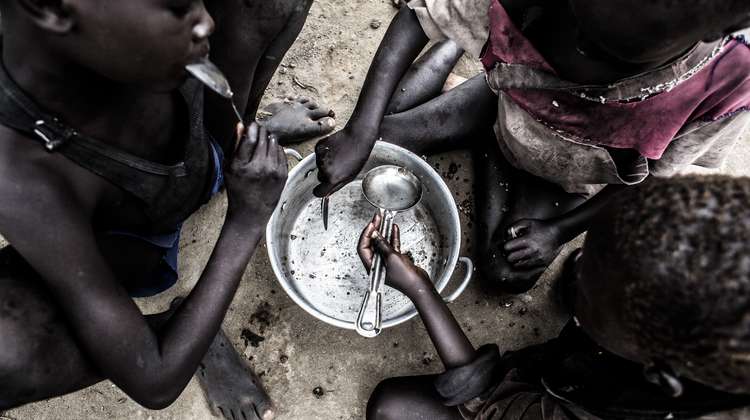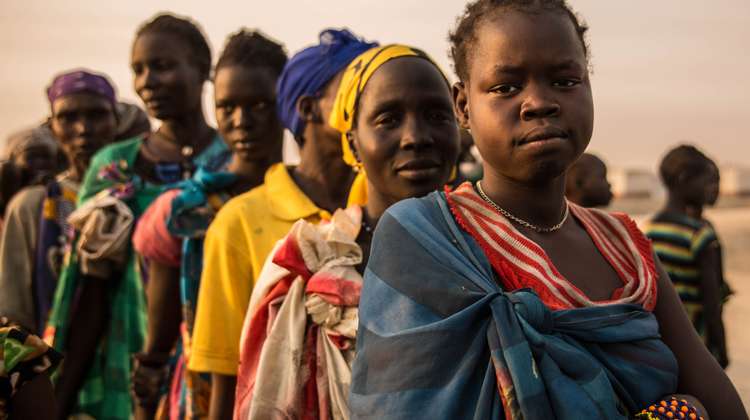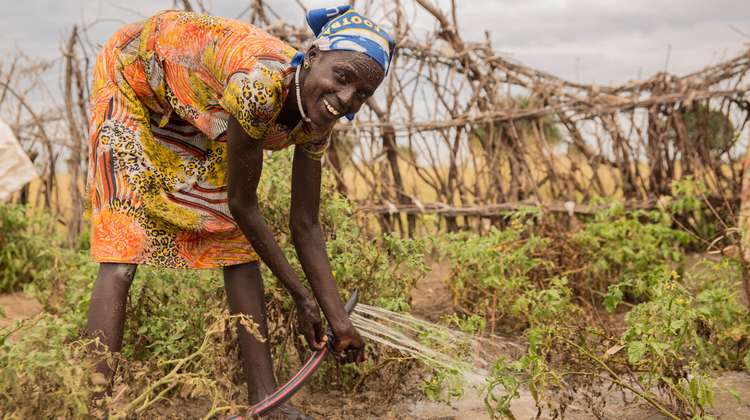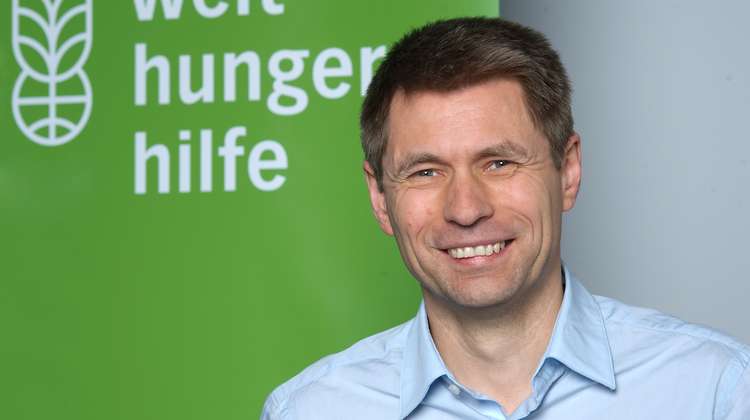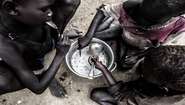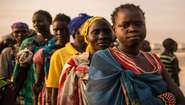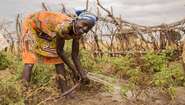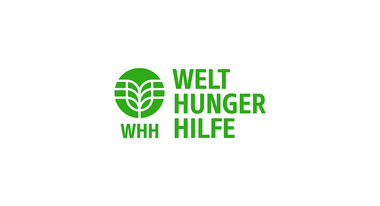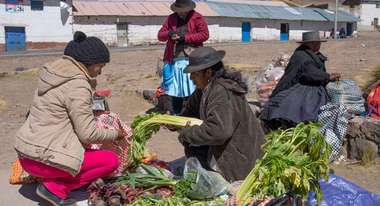War and Climate Change Increase Hunger
Welthungerhilfe on the New UN Hunger Report
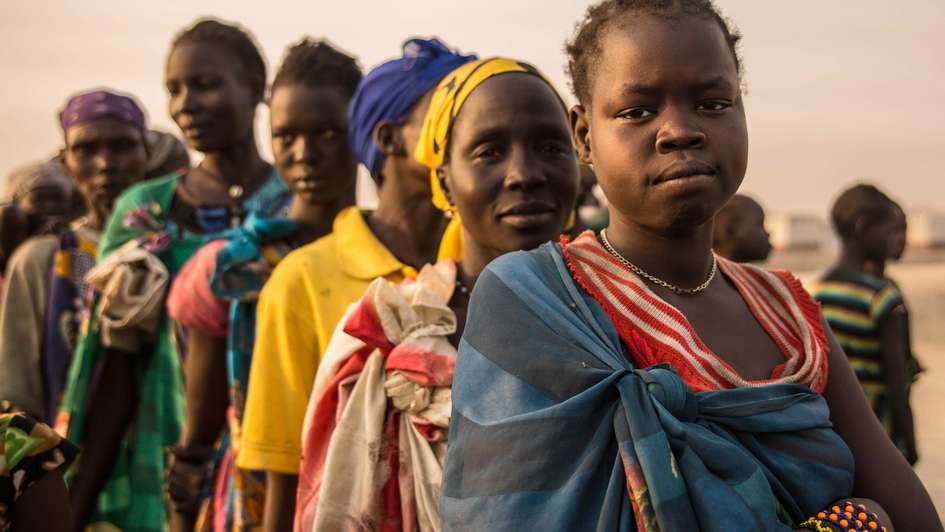
Bonn / Berlin, 15/7/2019 The hunger figures published today by the United Nations show another slight increase. According to the UN, 821.6 million people around the world were suffering from hunger in 2018. In 2017 the figure was 811 million. Growing economic crises, conflicts, and climate change are the main reasons for this development.
“Despite international agreements, there has been another increase in the number of people going to bed hungry. We know that war and the consequences of climate change are increasing the level of hunger worldwide. By 2017 nearly 40 million people could no longer feed themselves healthily due to climate events. Floods, droughts and storms destroy entire livelihoods. Hunger also contributes to inequality. Women, ethnic minorities, and small farmers are particularly threatened by hunger due to their legal, social, and economic disadvantage. At the same time, in South Sudan for example, we see that the situation can improve in individual regions when armed conflicts abate. While more than 60% of the population can no longer feed themselves adequately, there are areas where we are now supporting agricultural production again. As soon as the guns fall silent, people put their fields back in order. To end wars and conflicts worldwide, and to help the poorest countries to adapt more effectively to climate change, requires immediate action from a strong international community. Because we have enough resources to adequately feed all the people in the world”, says Mathias Mogge, General Secretary of Welthungerhilfe.
Download Press Photos
Usage note: Please note that the pictures may only be used in a Welthungerhilfe context and may not be passed on to third parties. Images must bear the credit copyright "Photographer"/Welthungerhilfe. No long-term archiving. Please delete pictures after use!
Welthungerhilfe is one of the largest private aid organisations in Germany; politically independent and non-denominational. It is fighting for “Zero Hunger by 2030”. Since it was founded in 1962, more than 9,300 overseas projects in 70 countries have been supported with 3.71 billion euros. Welthungerhilfe works on the principle of empowering people to help themselves: from rapid disaster relief to reconstruction and long-term development cooperation projects with national and international partner organisations.





